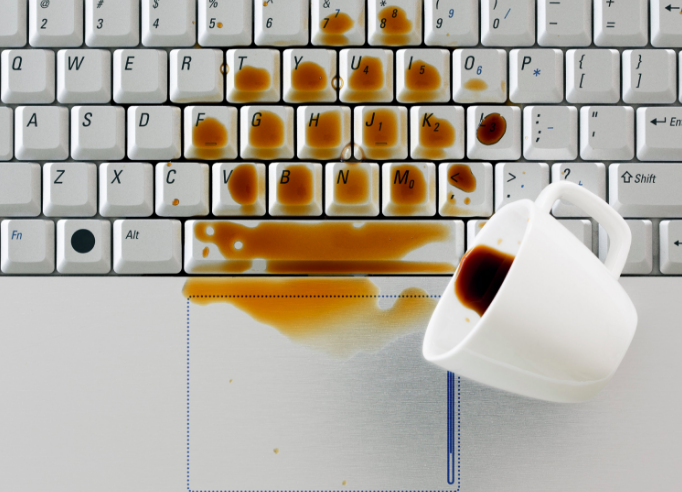Truly, simply, madly: The David Ogilvy way
Andrew Jolliffe harks back to a time when creatives were free to sing in corridors and throw profiteroles in meetings.
I loved David Ogilvy. I met him only once, but he might have shown me the way more than my father or other halves. His mottos steer my days. “Committees can criticize, but they cannot create” reminds me that my job is harder than that of my critics. They know that. There again, “Where people aren’t having any fun, they seldom produce good work” is my daily prompt to go somewhere fun to write. If I’m not in an agency, I’ll use my girlfriend’s balcony with its birdsong, fat cat, blueberry smoothies and 24-hour David Bowie. Or a co-working space among like minds. Almost never at home.
The most pertinent of all, though, is “tolerate genius”. Not just because I think writers should misbehave. Of course, they should. Creatives are at their best when they’re themselves. At Ogilvy, I sang in corridors, bought the CD’s unwearable shirts and threw profiteroles in meetings. When I needed a new computer, I poured coffee in my old one.



“When I needed a new computer, I poured coffee in my old one.”
Sounds wasteful.